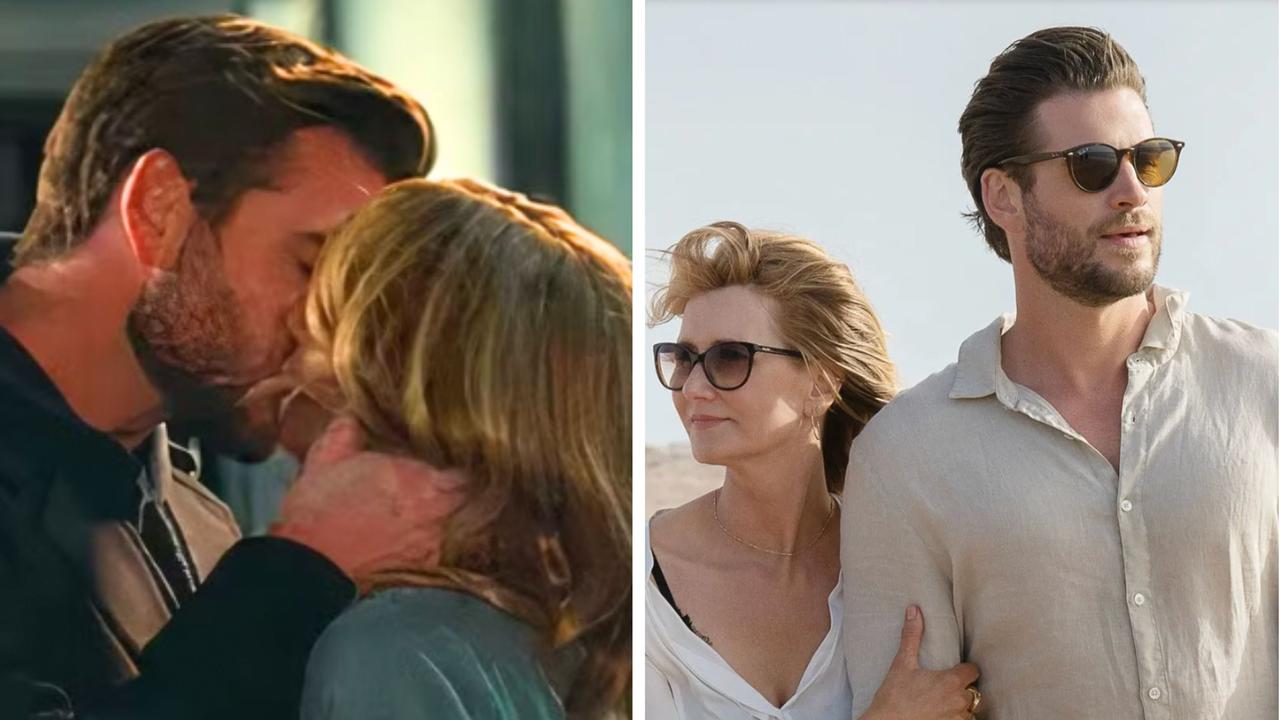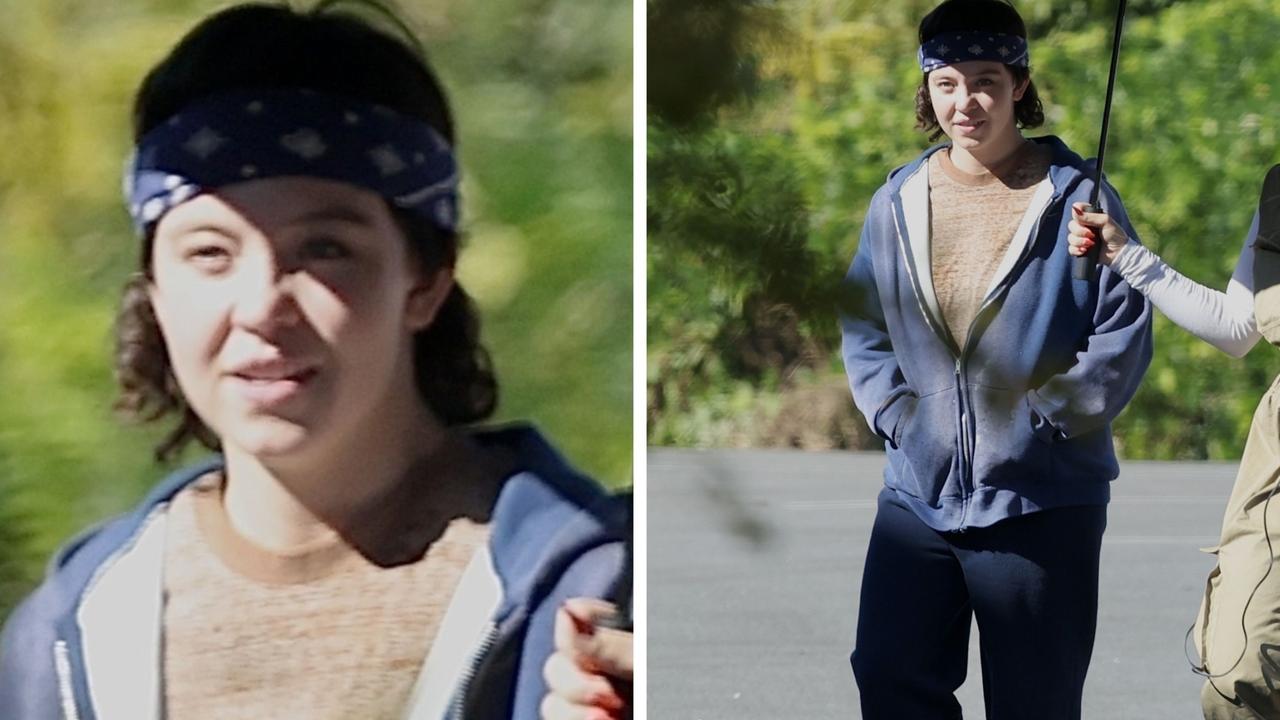Nitram: Justin Kurzel and Essie Davis reveals why they made Port Arthur movie
Before anyone had seen it, there were angry calls to stop it in its tracks. Does the award-winning film deserve the controversy?
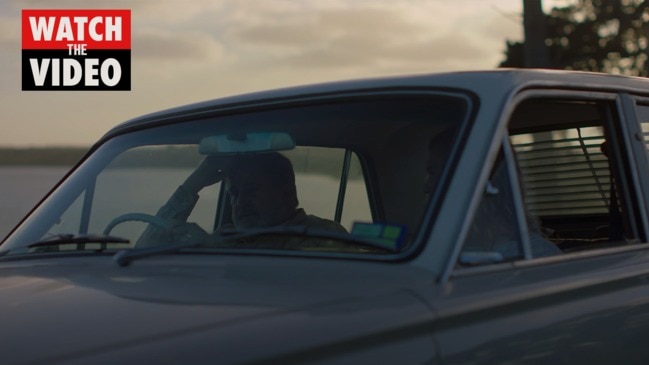
Movies
Don't miss out on the headlines from Movies. Followed categories will be added to My News.
Before it had been made, before anyone had seen a single frame, Nitram became the most controversial Australian movie in recent memory.
Moments after it was announced filmmaker Justin Kurzel (Macbeth, Snowtown) was making a film about the lead-up to the Port Arthur massacre, the reactions poured in.
There were many who expressed good faith curiosity, but just as many declared it must be stopped, even, surprisingly, other filmmakers.
The horrendous killings by a gunman at Port Arthur in 1996 are a dark chapter in Australian history – and those wounds are still very raw, especially in Tasmania. A film centred on the gunman’s life comes with enormous baggage.
Perhaps more than most Australian filmmakers, Kurzel understood the sensitivities and challenges of the endeavour – Kurzel and wife Essie Davis live in Tasmania, where Davis, an actor known for Miss Fisher’s Murder Mysteries, The Slap and Babyteeth, is from.
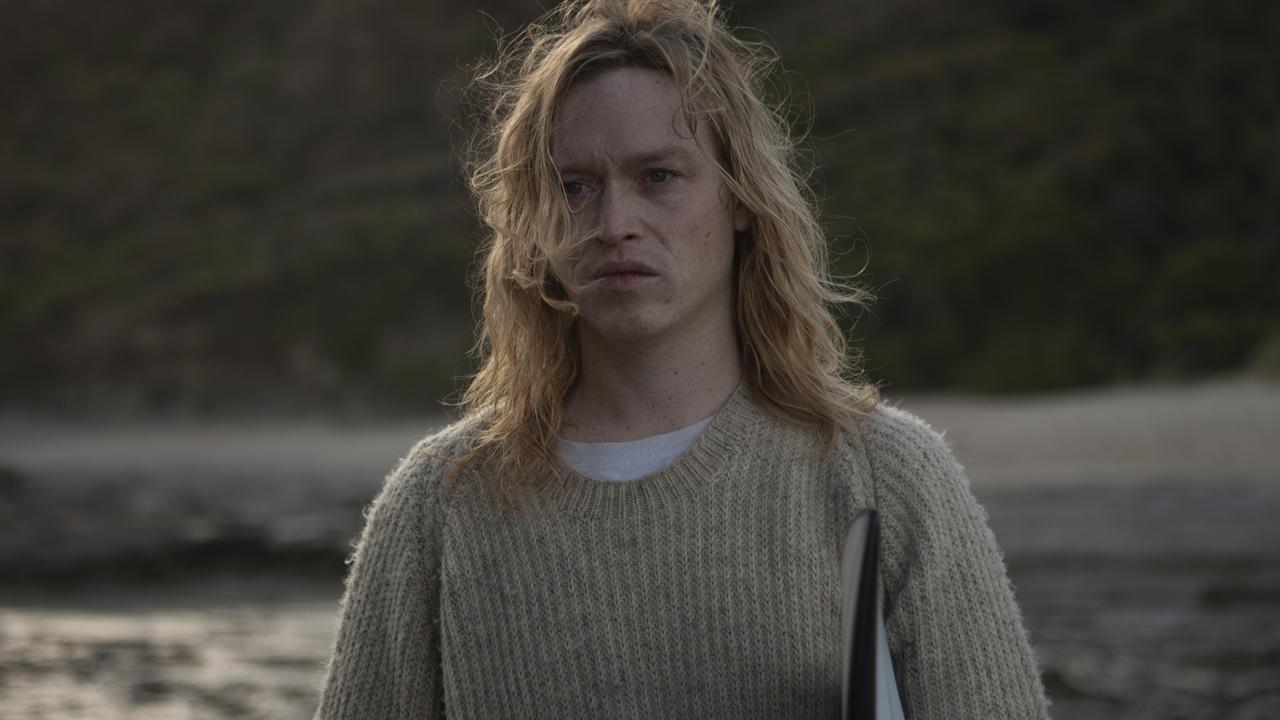
Davis, who plays a pivotal role in Nitram as Helen, told news.com.au: “There was a lot of thinking it through and making sure that the reasons that we were making it were important, and not to glorify or make famous that particular person.
“We were very conscious of making it for the right reasons because of how sensitive an issue it is, especially in Tasmania, where it’s one degree of separation. All of us know someone who was there or someone who died.”
Kurzel said he understood there are those who believe the film should never be made, “But I think that these discussions about these really dark chapters in our history needs to still be had.
“There is something about – whether it’s through film or books or paintings or writing – that allows us to rub up against these dark chapters and at least sort of shine a light in the shadows and try to understand what happened and how they came about.”
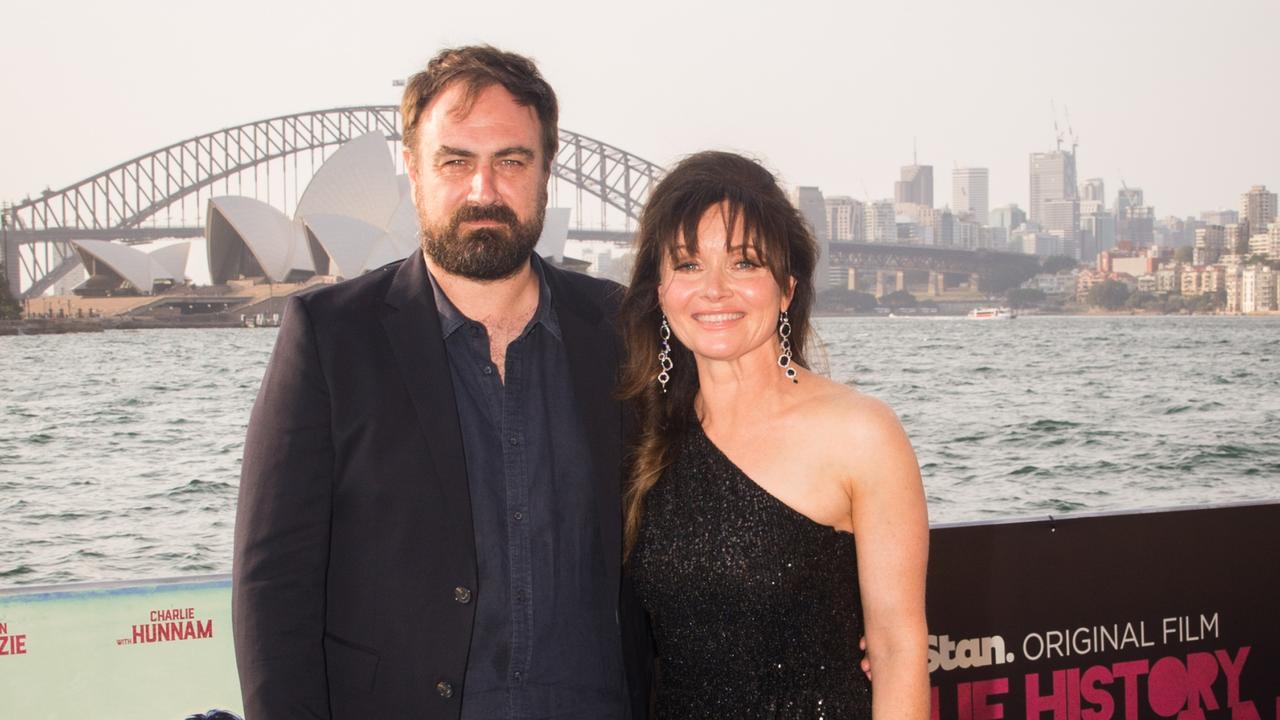
The discussion Nitram provokes is why Kurzel and Davis made this film, and it started with the film’s screenwriter Shaun Grant, who Kurzel had worked with on his debut feature Snowtown and the recent True History of the Kelly Gang.
According to Kurzel, Grant has been living in Los Angeles, down the road from where the writer’s regular supermarket became a scene of carnage, one of the hundreds of mass shootings in the United States every year.
Not long afterwards, Grant told Kurzel there was something in his inbox.
“I opened it up and I knew straightaway, from the first page, what it was,” Kurzel said. “I read it and I was terrified. Absolutely terrified. I rang Shaun and asked him where it came from and he said he sat down and needed to write an anti-gun film, a gun-reform film.
“And there was something about revisiting Port Arthur and the idea of taking an audience through being part of a family and to be with someone that starts to dismantle and starts to make horrific choices as they become more isolated.
“At the point where they are at their most dangerous, they walk into a gun store and buy two of the deadliest weapons that you would see on a battlefield. And he buys them without a gun licence, as if he’s buying fishing rods.
“I instantly knew what he was trying to say with this film.”
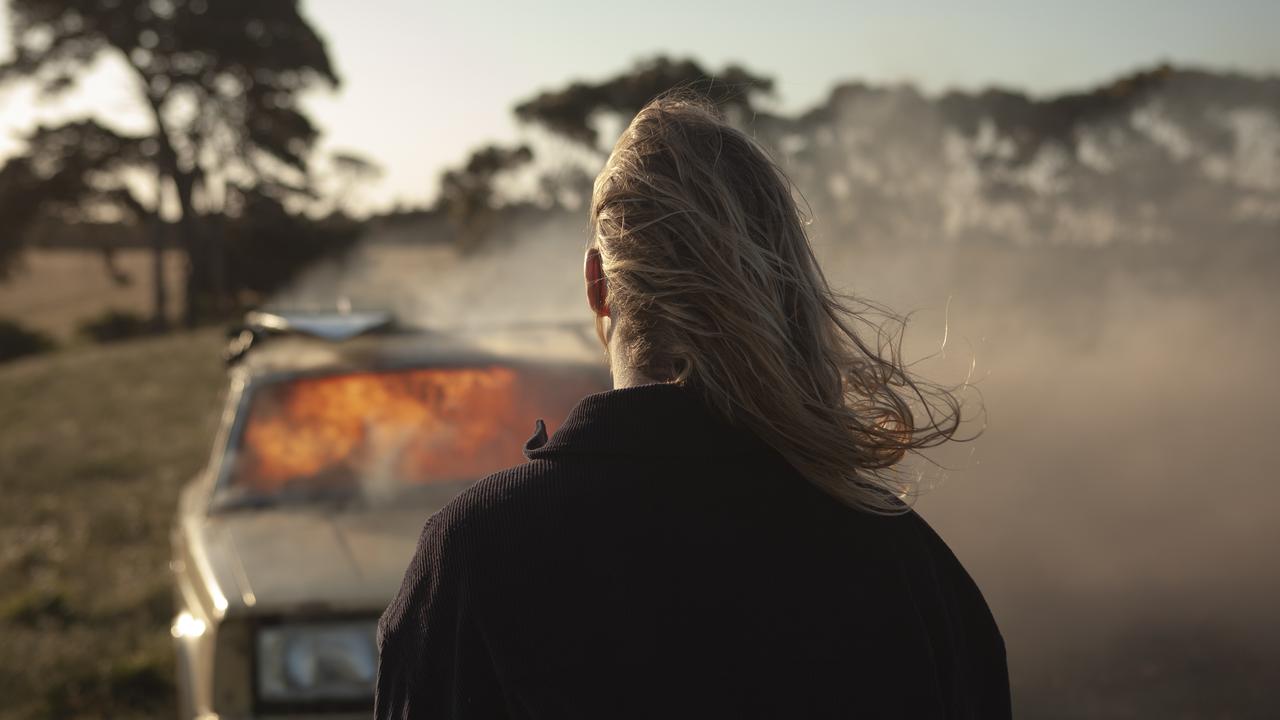
The centrepiece of Nitram, which stars American actor Caleb Landry-Jones in a Cannes-winning performance as the gunman, is a scene set in a gun shop. It is a spartan, almost mundane scene except every surface and wall of the store is lined with guns. It’s a sickening sight.
The exchange between the gunman and the salesperson wouldn’t be significant if he was buying almost anything else. The tension and horror of it is you know what will happen – and that this was a crucial part of why it happened.
“When the guns came out on set, it was powerful,” Kurzel recounted of the day the production shot the scene. “When we, as a crew, first saw the guns, when the armourer pulled them out, they were horrific. We were looking at them and going ‘There’s no way we need these guns, these types of guns, these semi-automatic weapons in our communities’.
“We’re very lucky in Australia, in some sense, that we just do not see this sort of weaponry. So, by shooting it and by filming it, and seeing these guns, it really spoke to us, ‘This is why we’re making [this movie]’.”
When the Port Arthur massacre happened, it took Australia 12 days to pass gun legislation, a response that is still held up as an example of how to react to a mass shooting. The national laws were overhauled, and the government bought back 650,000 weapons.
Now, there are even more guns in Australian than before Port Arthur. The Australia Institute published a report which found in 2017, there were 3.6 million firearms, compared to the pre-Port Arthur figures of 3.2 million.
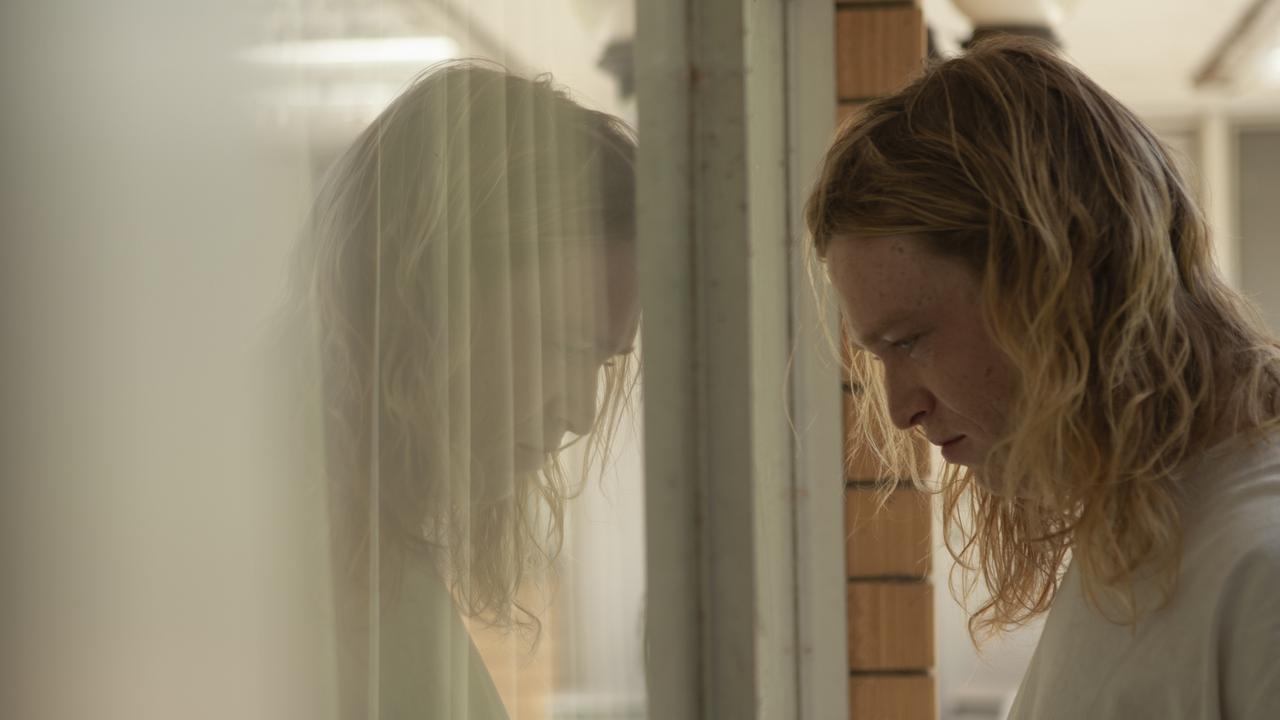
Ownership figures have also increased from 2.1 weapons per owner in 1997 to 3.9 weapons in 2019 while gun licences declined. The same report said there had been a drop in sports shooting over the same period.
Kurzel said he was truly shocked by the statistics of gun ownership in Australia today.
“I remember those images of mountains and mountains of guns [in the buyback scheme], so what’s happened? Why has that attitude shifted? We need to talk about it.”
Davis said the frequency of mass shootings in the US has become so common, people are numb to it.
“It’s really dangerous,” she said. “And Australia is so admiring of America and wanting to be just like them. It really frightens me that our government would allow that, has allowed things to get to where they have got to, let alone not enforce things in a more profound way.
“That’s beyond baffling, why on Earth would Australia want to become like America?”
State political parties have attempted to water down guns laws in the 25 years since Port Arthur, including the Tasmanian Liberal government under Will Hodgman, which, as part of the 2018 election promised interest groups it would extended licence durations and grant access to silencers.
The proposal was eventually dropped after it was exposed the day before the election, prompting community outcry in the ensuing weeks.
In New South Wales, the Shooters and Fishers Party, which started as a single-issue group, has gained crucial seats in the parliament.
Its leader Robert Borsak, a self-titled “fearless advocate” for shooters and hunters, told Americans in the wake of the Sandy Hook shooting in which 20 children were gunned down at school in 2013, to “fight hard” against Australia’s “stupid” gun laws.

The initial pushback to Nitram, especially from victims and their families, and communities in Tasmania, is understandable. So is the reluctance to address the events, which could still be triggering for a great many.
For those who were directly and indirectly affected, no amount of time passed will ever be enough for the trauma to fade.
But as much as the story of Port Arthur belongs to them, it also belongs to the wider Australian community. In the time since the Port Arthur massacre, whole generations of Australians have been born and grown up without the memory of that seismic day and the indelible mark it left in the history of this country.
Art and storytelling, including cinema, can be a way to confront that past.
“It’s a part of our history, whether we like it or not, and for us, it was always about wanting to be as sensitive as possible, and treading very, very gently,” Kurzel said. “But wanting an opportunity to have a conversation about the events and what came from those events in regard to gun reform and why it’s so important.
“I deeply respect those who have been directly affected by the Port Arthur shootings, but we knew why we were making the film.
“People are getting the opportunity to see it and see perhaps what it’s not and more what it is.”
Nitram is in cinemas from Thursday, September 30 and will be available to stream on Stan on an as-yet unconfirmed date
Originally published as Nitram: Justin Kurzel and Essie Davis reveals why they made Port Arthur movie






